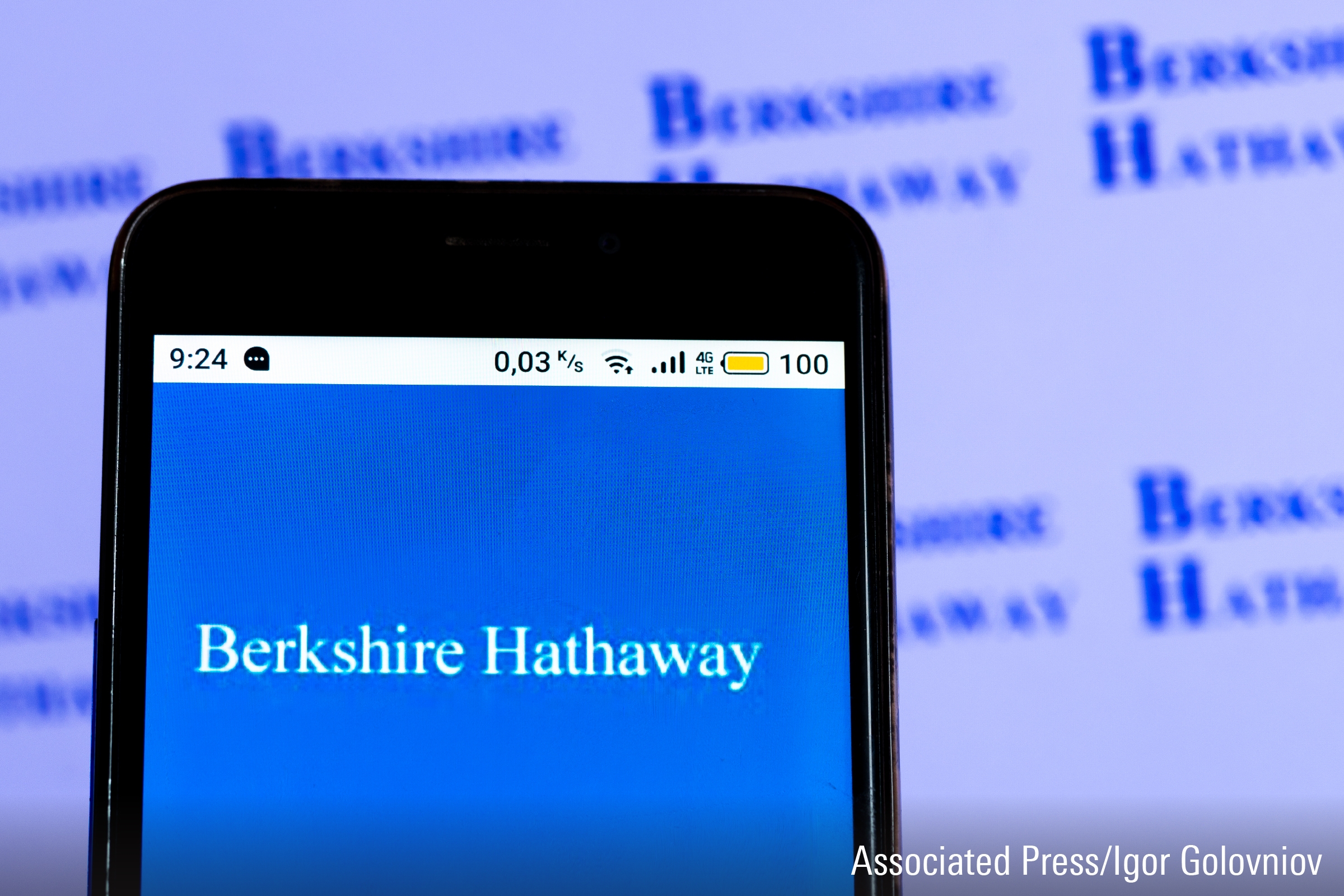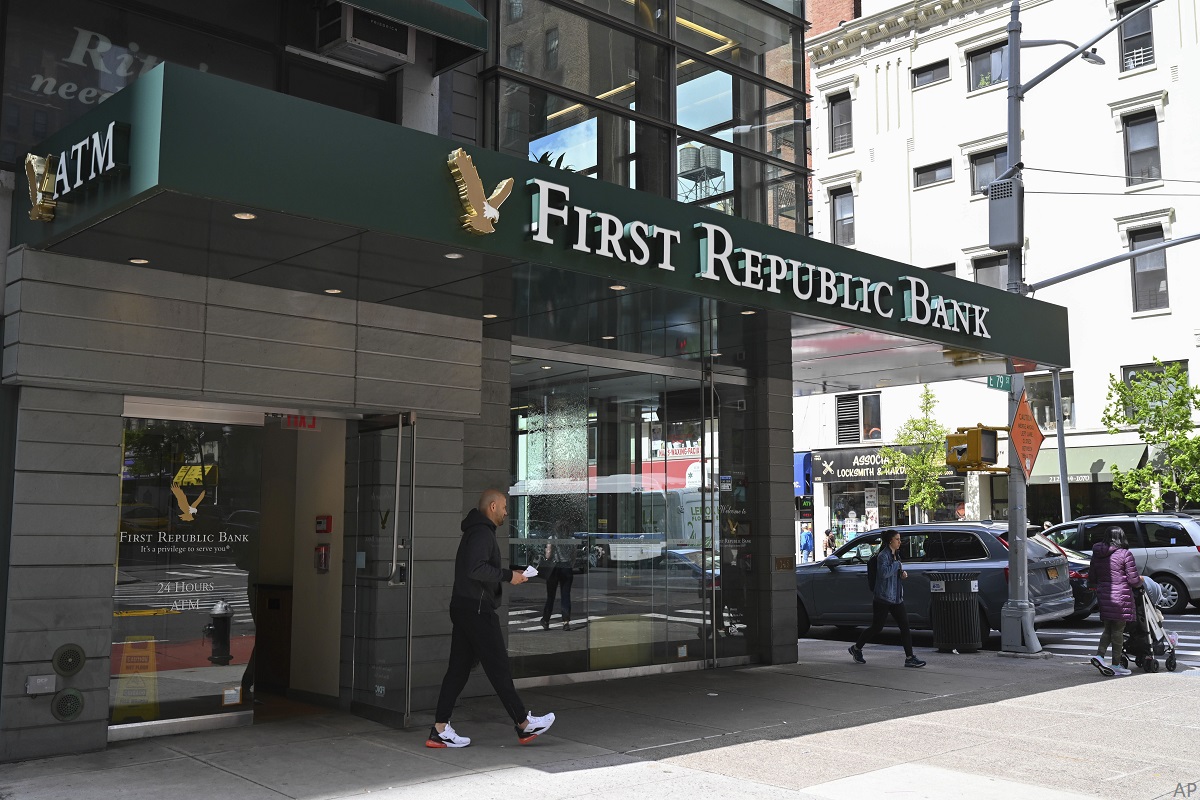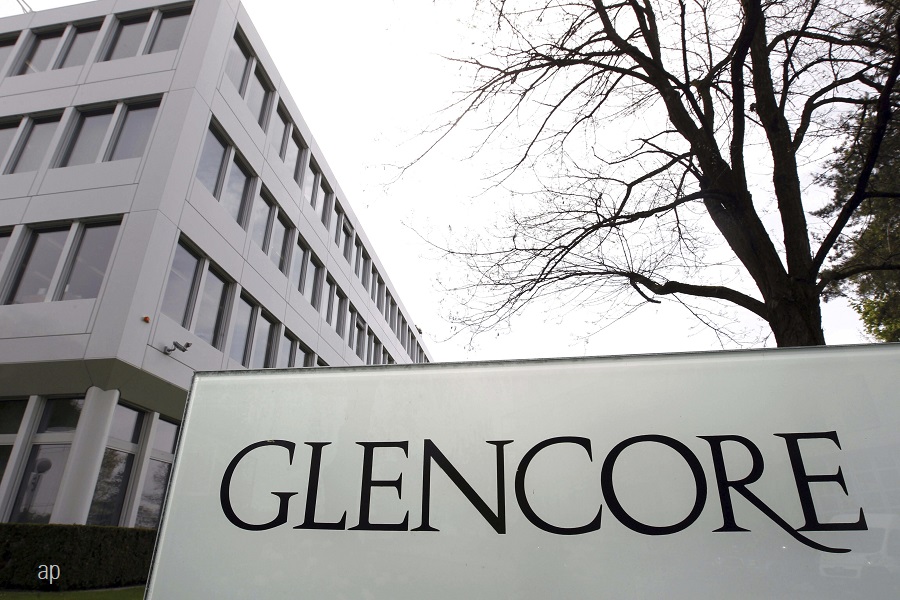
We continue to believe that Berkshire Hathaway BRK.A/BRK.B, owing to its diversification and lower overall risk profile, offers one of the better risk-adjusted return profiles in the financial-services sector and remains a generally solid candidate for downside protection during market selloffs. We remain impressed by Berkshire’s ability in most years to generate high-single- to double-digit growth in book value per share, comfortably above our estimate of its cost of capital. We also believe that it will take some time before the company finally succumbs to the impediments created by the sheer size and scale of its operations, and that the ultimate departure of Warren Buffett and Charles Munger will have less of an impact on future operating results than many investors believe. We view Berkshire’s decentralized business model, broad business diversification, high cash-generation capabilities, and unmatched balance sheet strength as true differentiators for the company.
Key Morningstar Metrics for Berkshire Hathaway Stock
- Fair Value Estimate: $555,000 Class A/$370 Class B
- Star Rating: 4 Stars
- Economic Moat Rating: Wide
- Moat Trend Rating: Stable
Economic Moat Rating
We believe that Berkshire’s economic moat is more than just a sum of its parts, although the parts that make up the whole are fairly moaty in their own regard. The insurance operations—Geico, Berkshire Hathaway Reinsurance Group, and Berkshire Hathaway Primary Group—remain important contributors to the overall business. Not only do they account for about 25% of Berkshire’s pretax earnings (and 46% of our current valuation of the company), but they are overcapitalized and generate low-cost float. These temporary cash holdings, which arise from premiums being collected in advance of future claims, have allowed Berkshire to generate additional returns as the company invests these funds in assets that are commensurate with the duration of the business being underwritten. And they have tended to come at little to no cost to Berkshire, given the company’s proclivity for generating underwriting gains the past several decades.
Read more about Berkshire Hathaway’s moat rating.
Fair Value Estimate for Berkshire Hathaway Stock
Our fair value estimate for Berkshire is derived using a sum-of-the-parts methodology, valuing each of the company’s operating segments separately and then adding them together for the total estimate. We value the Class A shares at US$555,000 and the Class B shares at US$370. This is equivalent to 1.45 and 1.33 times our estimates for Berkshire’s book value per share at the end of 2023 and 2024, respectively. For some perspective, the shares have traded at an average of 1.41 times trailing calendar quarter-end book value per share during the past five years and 1.44 times during the past 10 years. We use a 9.0% cost of equity in our valuation and assume that Berkshire pays a minimum of 15% corporate alternative minimum tax on adjusted financial statement income for taxable years beginning in 2023.
Read more about Berkshire Hathaway’s fair value estimate.
Risk and Uncertainty
Our Morningstar Uncertainty Rating for Berkshire is Low. We don’t consider any environmental, social, or governance issues at the company to be material enough at this point to affect our uncertainty rating, primarily because of the company’s lower exposure to some of the main ESG risks inherent to the industries where it competes. However, Berkshire has generally scored lower on governance issues because of the makeup of its board and board committees, the unequal voting structure of its shares, and the lack of engagement and opaqueness on governance issues historically.
Read more about Berkshire Hathaway’s risk and uncertainty.
Bulls Say
- Book value per share, which is a good proxy for measuring changes in Berkshire’s intrinsic value, increased at an estimated 18.3% compound annual growth rate during 1965-2022, compared with a 9.9% return for the S&P 500 TR Index.
- Berkshire’s stock performance has generally been solid, increasing at a 9.5% CAGR during 2018-22 and 13.3% during 2013-22, compared with 9.4% and 12.6% respective average annual returns for the S&P 500 TR Index.
- At the end of 2022, Berkshire had approximately US$164 billion in insurance float. The cost of its float has been negative for much of the past two decades.
Bears Say
- Given its size, Berkshire’s biggest long-term hurdle will be its ability to consistently find deals that not only add value but are large enough to be meaningful.
- Another big issue facing the company is the longevity of chair and CEO Warren Buffett (who turns 93 at the end of August) and managing partner Charlie Munger (who turned 99 in January).
- Berkshire’s insurance business faces competitive and highly cyclical markets that occasionally produce large losses, and several of its noninsurance operations are economically sensitive and focused on U.S. markets.





















